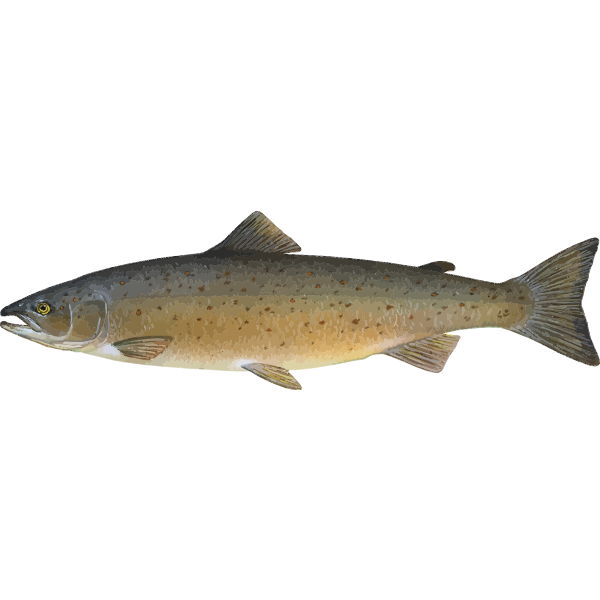
Omega-3 fatty acids are an important part of any healthy diet. Found in oily fish like salmon and sardines, these acids improve concentration and may benefit information retention and other cognitive skills. Your body needs omega-3s and protein for long-lasting energy and the focus you need to avoid distractions.


 Photo by Polina Tankilevitch from Pexels, CC0
Photo by Polina Tankilevitch from Pexels, CC0

Photo by Kafeel Ahmed from Pexels, CC0
Believe it or not, coffee and water can provide your body with important benefits. Coffee can help you feel more awake and mentally focused. However, drinking plenty of water helps to prevent dehydration, which can cause lethargy, difficulty concentrating, and soreness or aches that can distract you from your studying.
Want the quadruple effect just to see what your body will do? Cut everything (except the fish and coffee) up into small pieces and throw it all together in a bowl with some coconut water, chuck in some ice cubes, and call it ‘nature’s cereal’.